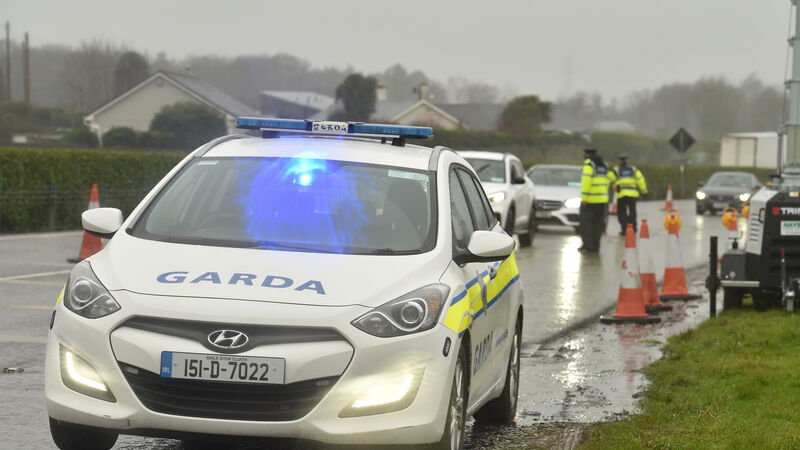Highly infectious UK variant of Covid-19 needs 'more robust response'

A more robust response to the rapidly spreading UK variant of Covid-19 is needed, according to an expert from the University of Limerick. Pictured are gardaí on checkpoint duty on the N25 at Midleton, Co Cork, making sure drivers are in compliance with the current Covid-19 restrictions. Picture: Dan Linehan
The possibility the UK variant of Covid-19 could lead to a “bounce” in infections in the coming weeks has heightened the need for a more robust response and greater compliance with public health restrictions.
That is according to Professor Cathal Walsh from the Health Research Institute at the University of Limerick, who said we may have to work harder to contain the more infectious UK variant.










